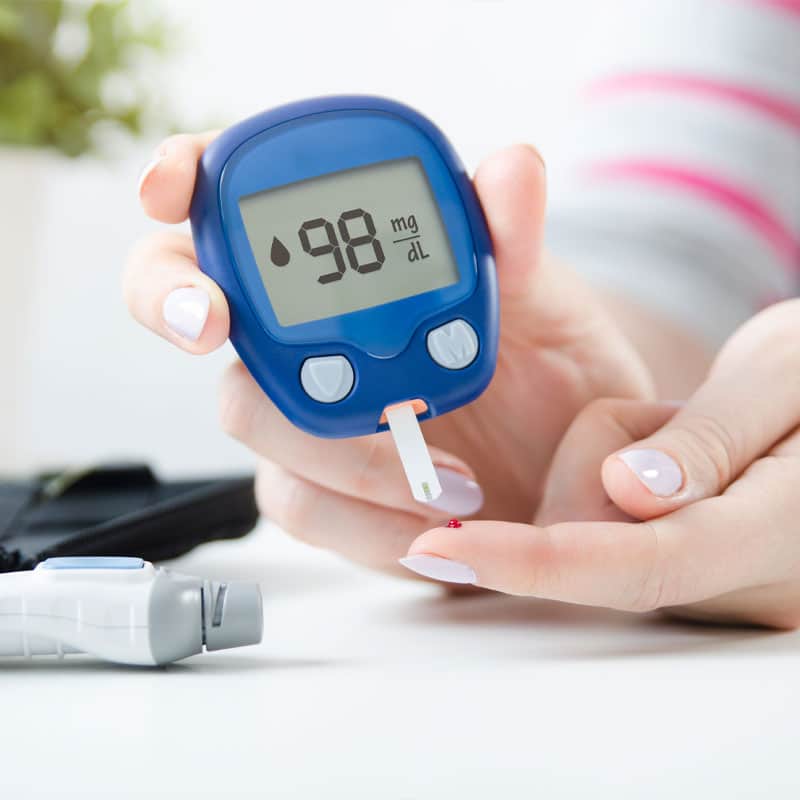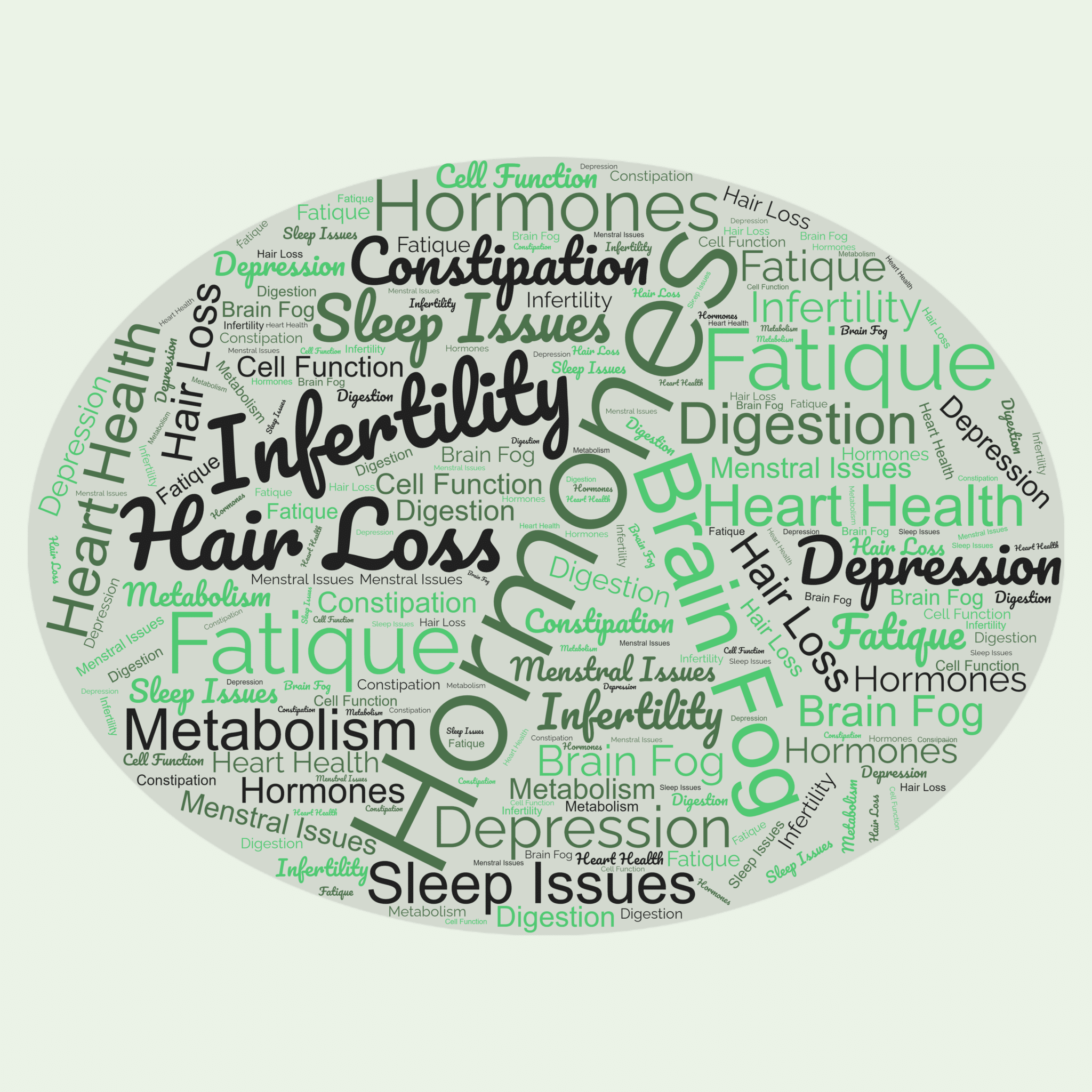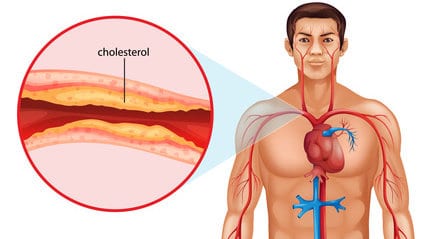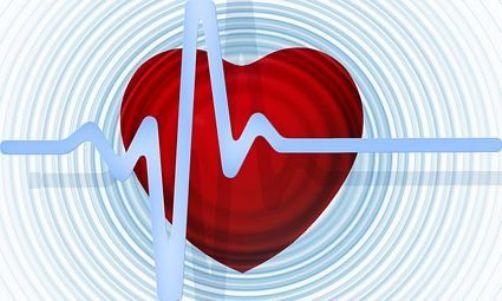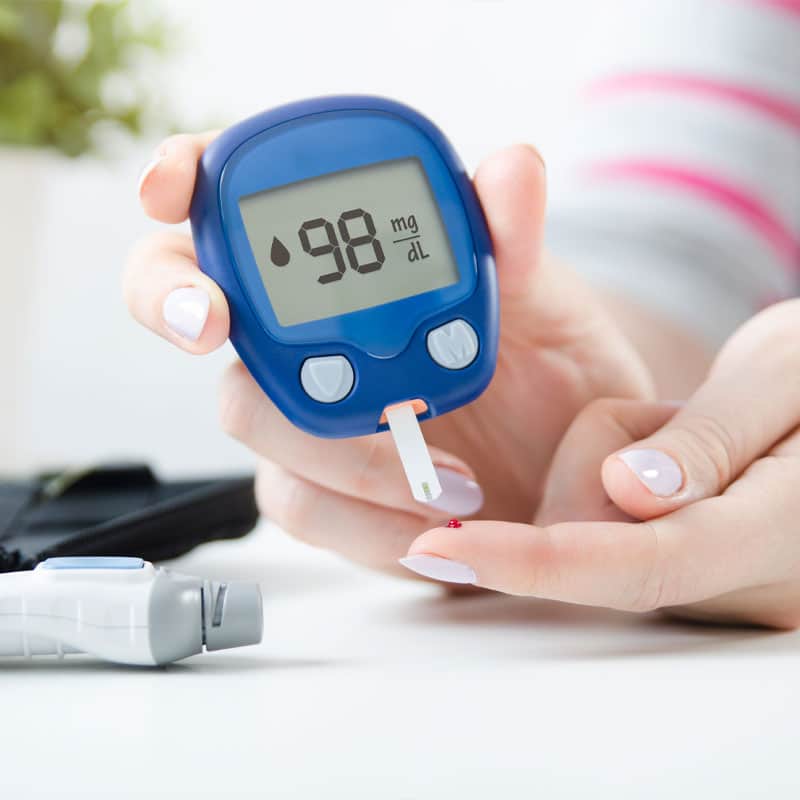Metabolic Health Blogs
Top 6 Signs of Magnesium Deficiency
8 Reasons Why I Can’t Lose Weight Anymore
Symptoms of High Cortisol & Natural Ways to Lower Cortisol Levels
7 Chronic Inflammation Symptoms
Menopause and Heart Health: Understanding the Link and Lowering Risks
Does Insulin Resistance Cause Weight Gain?
Benefits of Intermittent Fasting for Weight Loss
Early Signs of Multiple Sclerosis
7 Warning Signs of Prediabetes
5 Herbs to Boost Metabolism and Lose Weight
Hormone Health – The Untold Connection
6 Tips to Manage Diabetes Naturally
Benefits of Ketogenic Diet
Stress and Sleep – Is There a Link?
Common Signs of Diabetes In Women
LDL vs HDL Cholesterol: What’s the Difference?
What is Prediabetes
Metabolic Health and the 5R Protocol
8 Benefits of Magnesium
5 Symptoms Of Metabolic Syndrome
Benefits of Whey Protein for Weight Loss
Insulin Resistance and Metabolic Syndrome
Diabetes and Skin Problems
7 Symptoms of Diabetes
Vitamin D Deficiency – Symptoms, Risks, and More
7 Foods for Type 2 Diabetes
Thyroid, Blood Sugar and Metabolic Syndrome
Hypertension

Find out why Rose Wellness is perfect for you
Schedule a free call with one of our wellness coordinators.
Self Assessments
Female Hormone Quiz
Dealing with hot flashes, PMS, low libido, mood swings, headaches, anxiety, or unexplained weight gain? Try our Female Hormone Quiz and learn more about your hormones.
Health Check Quiz
Try the quick 5-minute quiz to learn more about your health
Toxicity Questionnaire
The Toxicity and Symptom Screening Questionnaire identifies symptoms that help to identify the underlying causes of illness, and helps you track …
Insomnia Assessment
Take this short Insomnia Assessment to evaluate your sleep issues.
Female Estrogen Dominance Quiz
Dealing with mood swings, low libido, fatigue, weight gain, or Insomnia? Try our Estrogen Dominance Quiz and learn more about your hormones.
Male Hormone Quiz
Dealing with fatigue, low sex drive, mood swings, or unexplained weight gain? Try our Male Hormone Quiz and learn more about your hormones.











